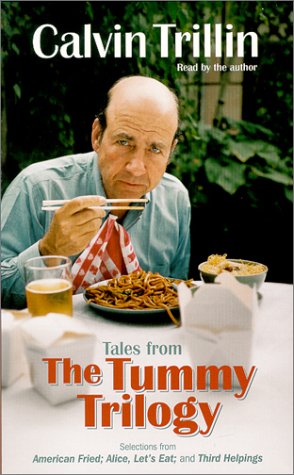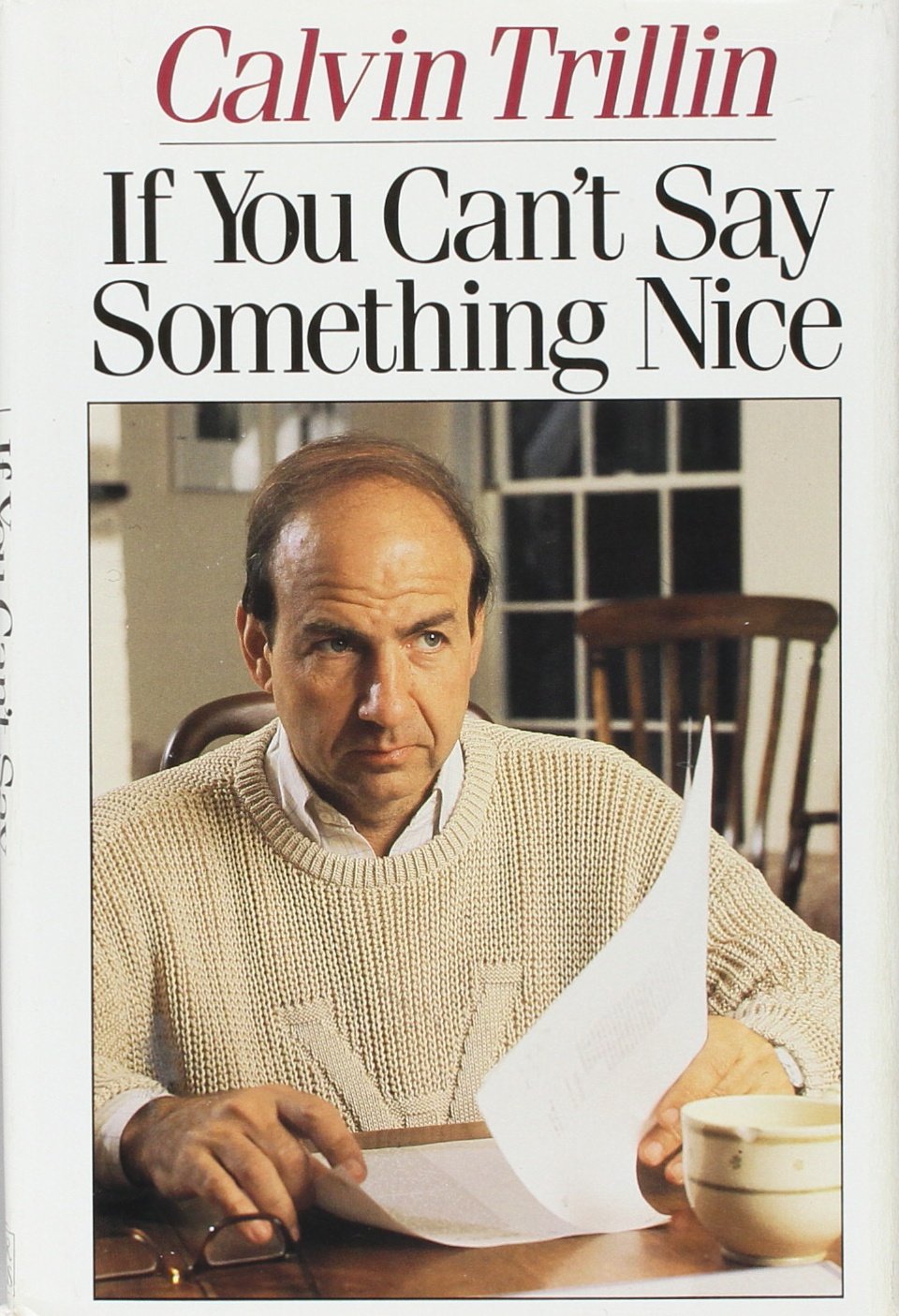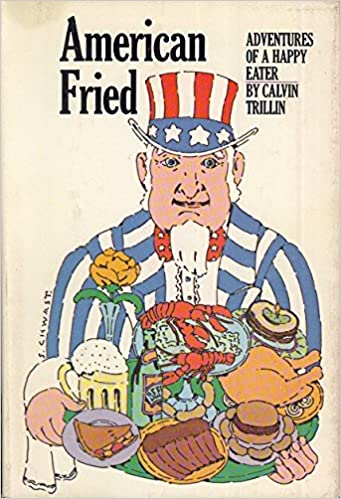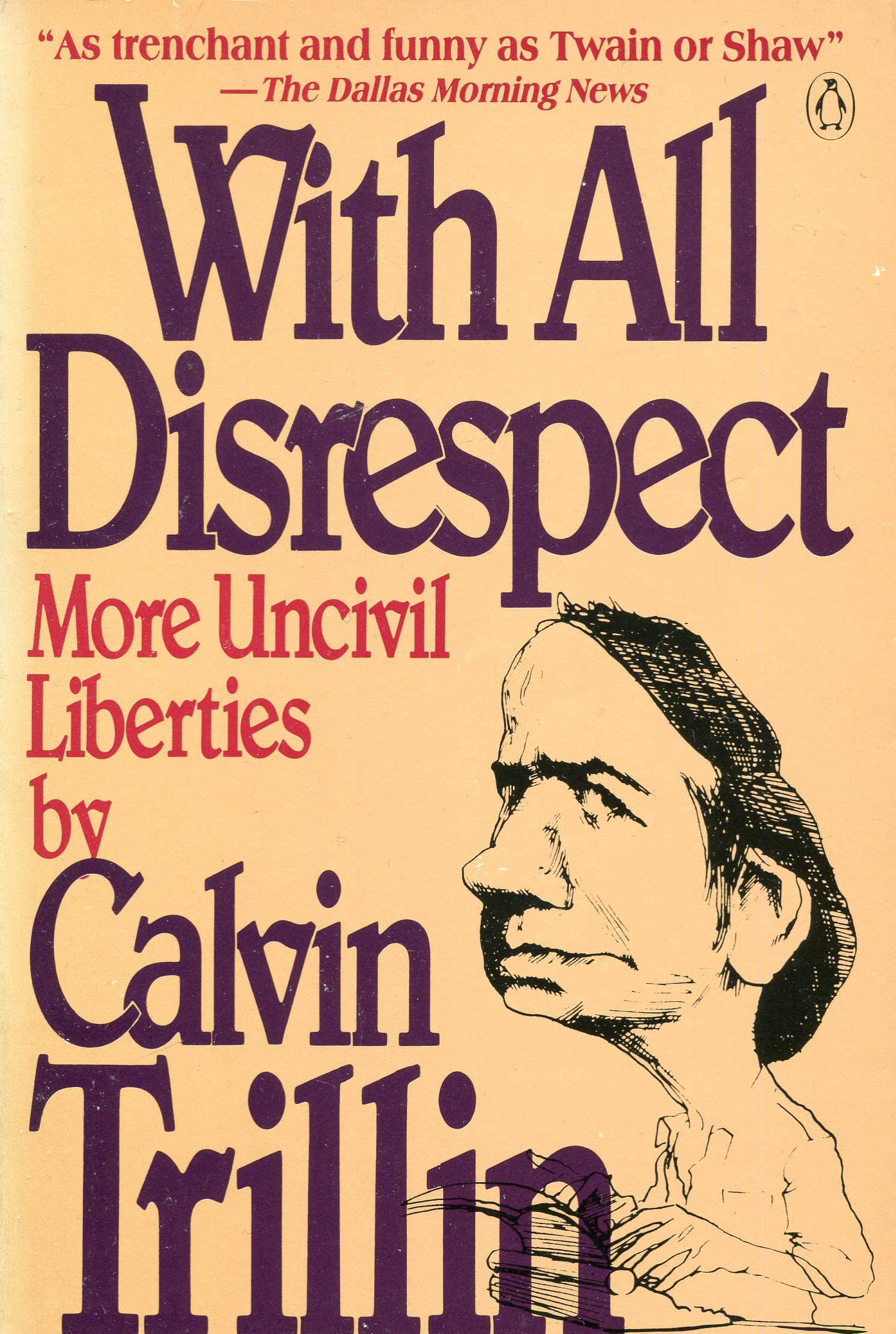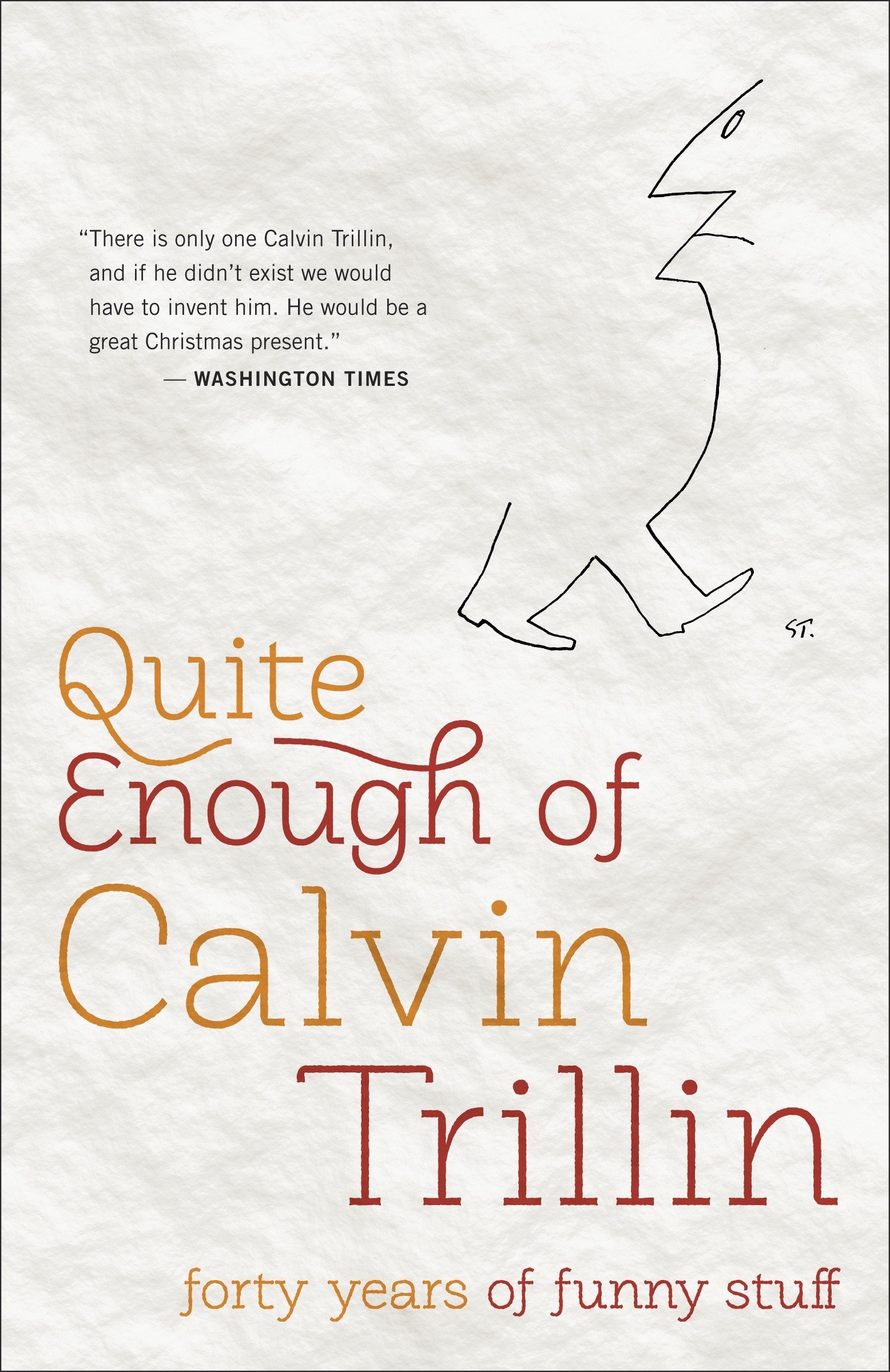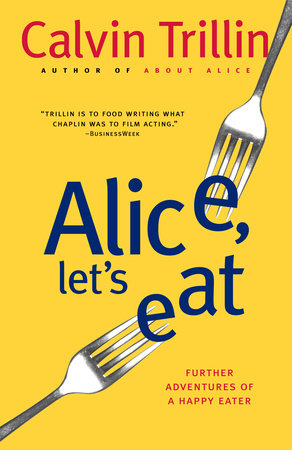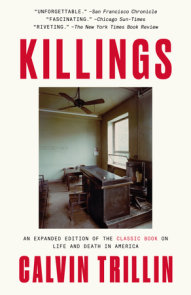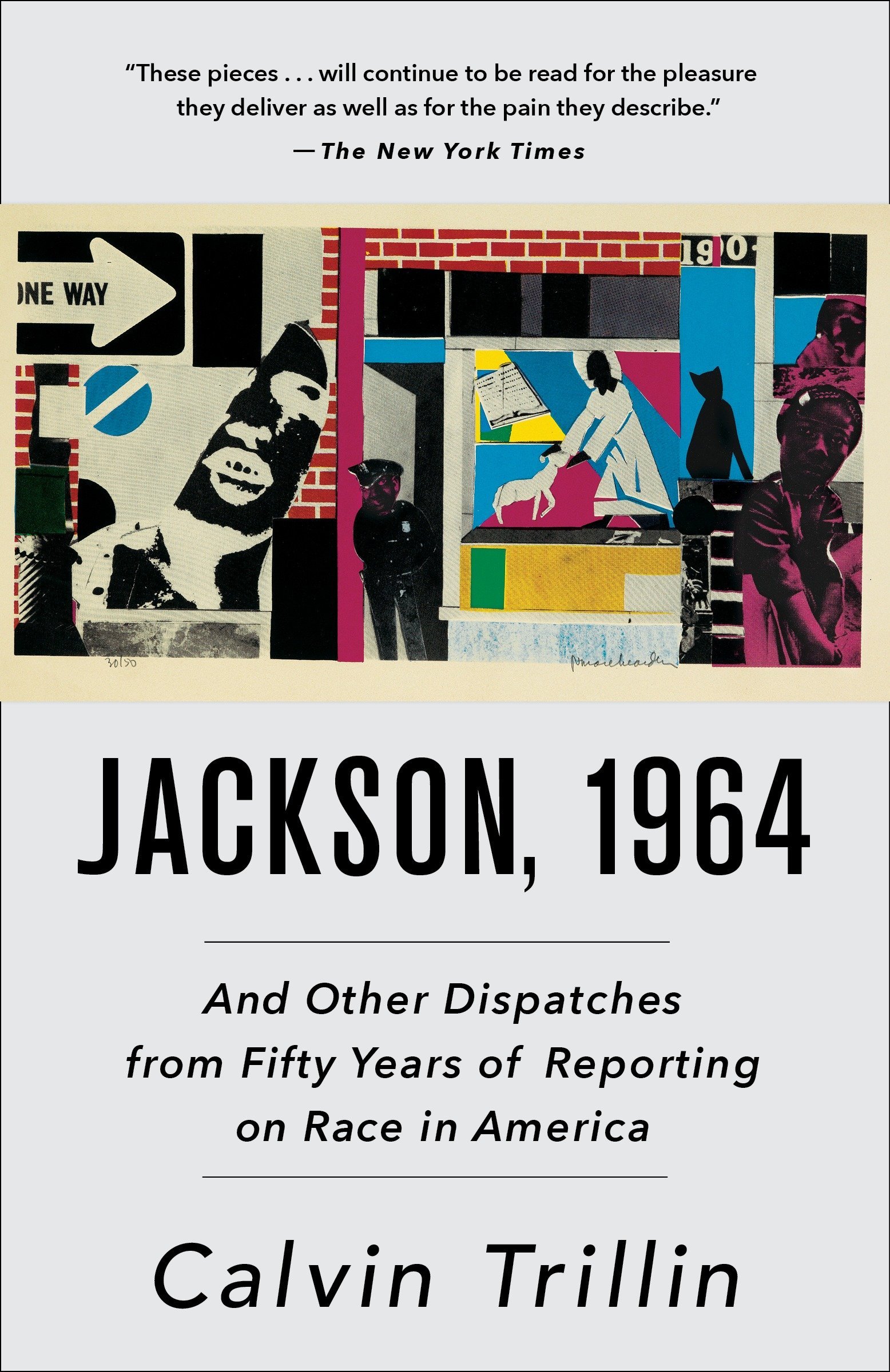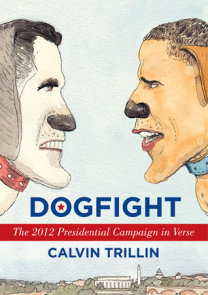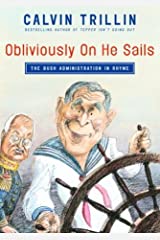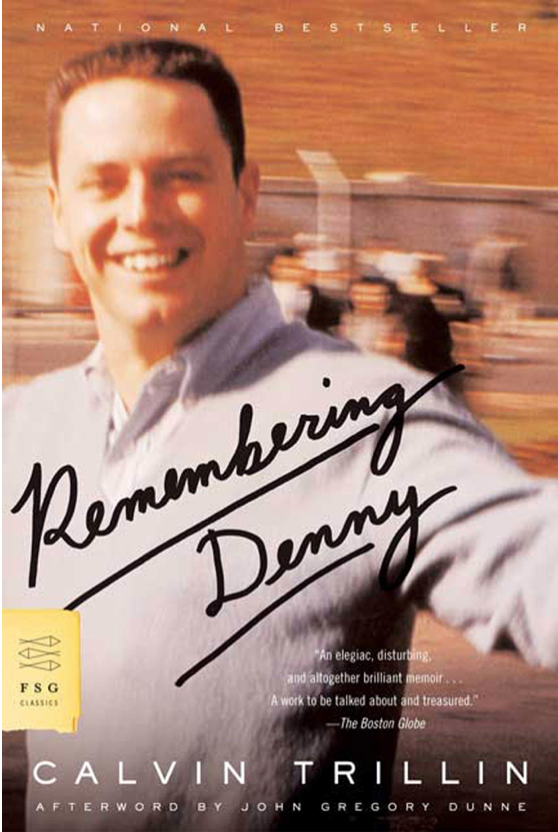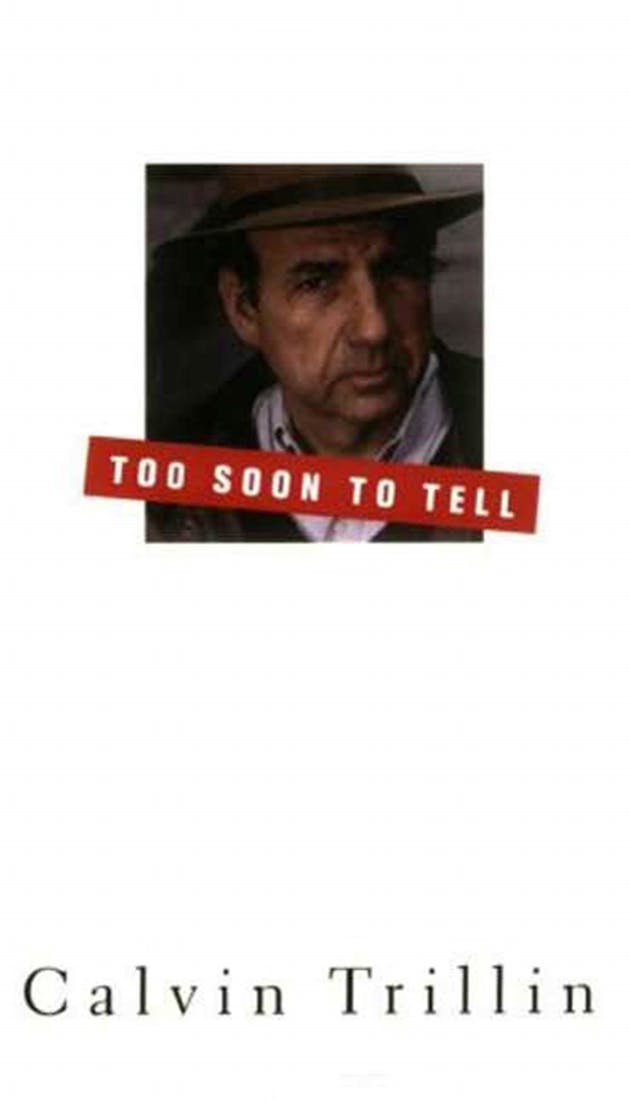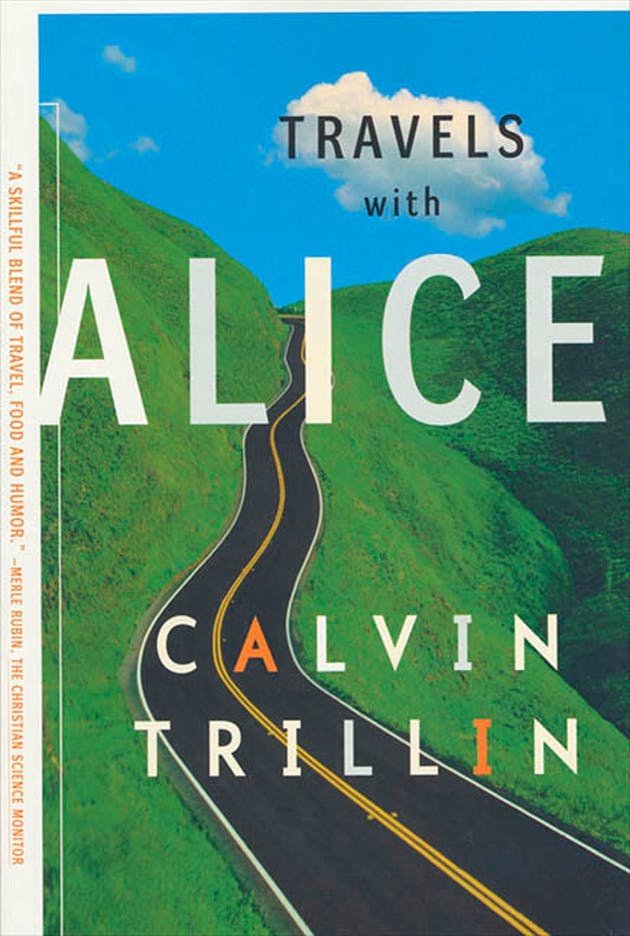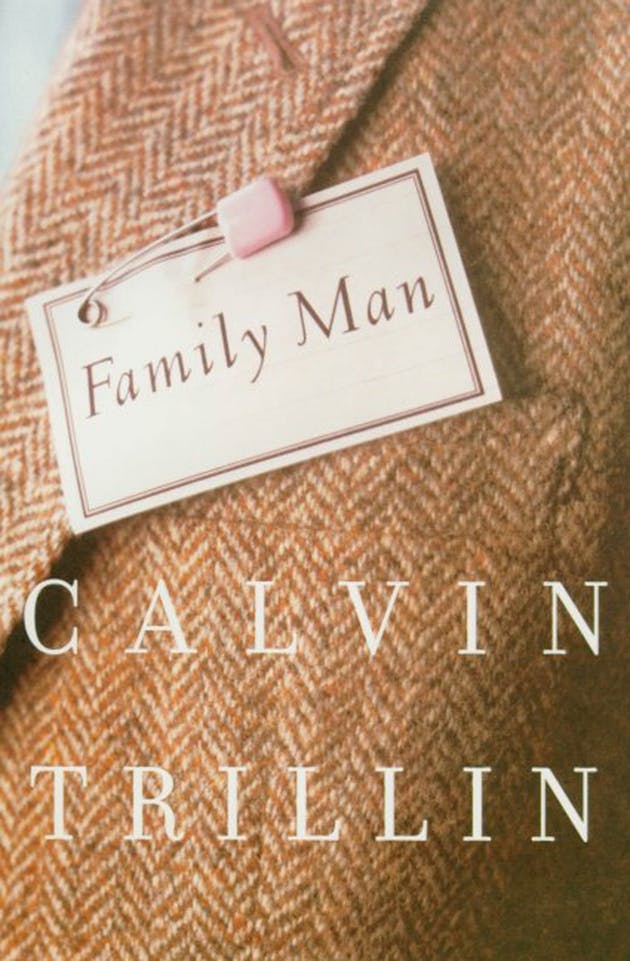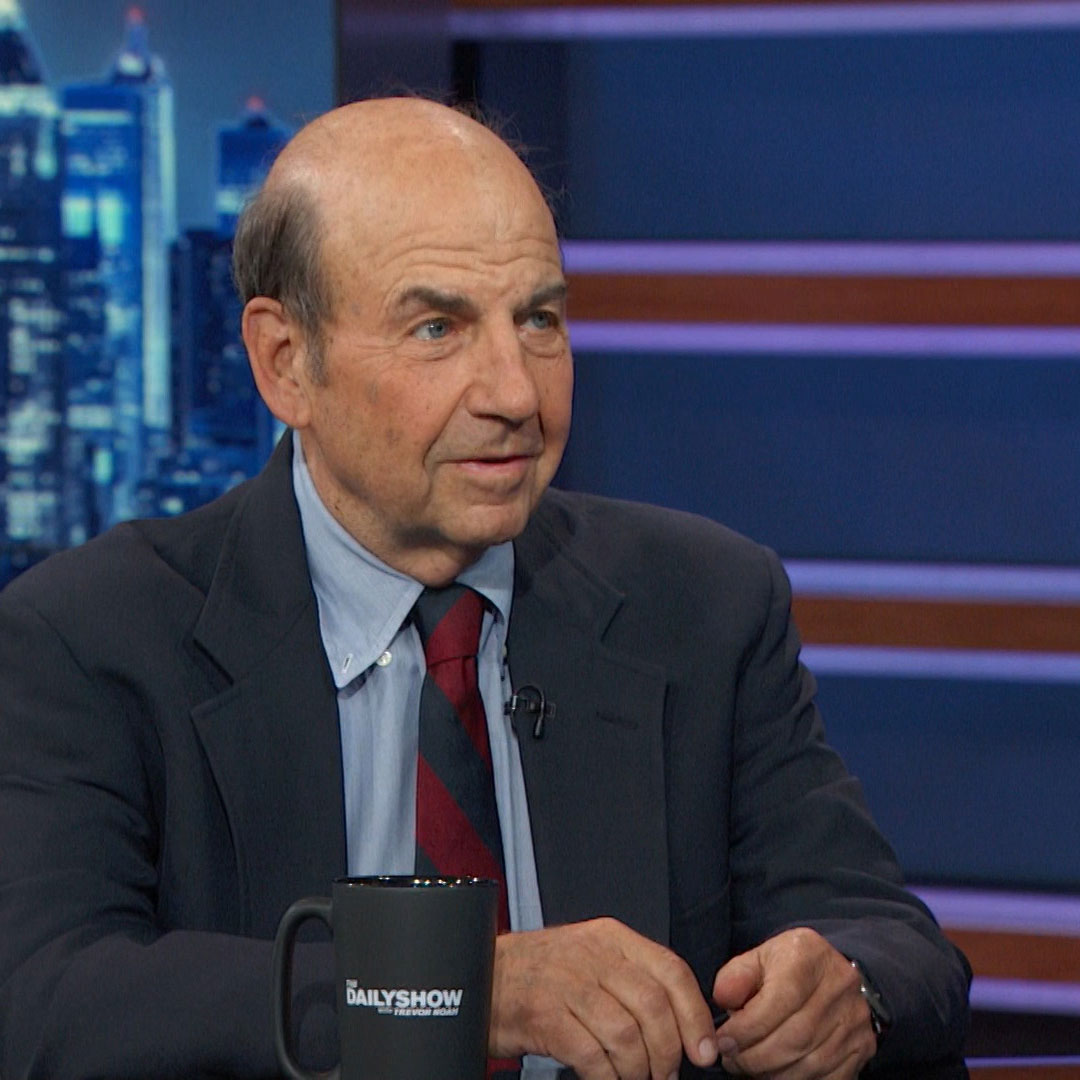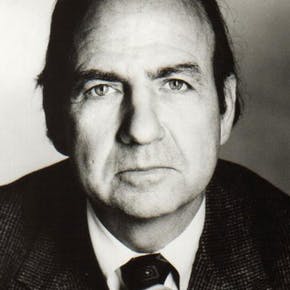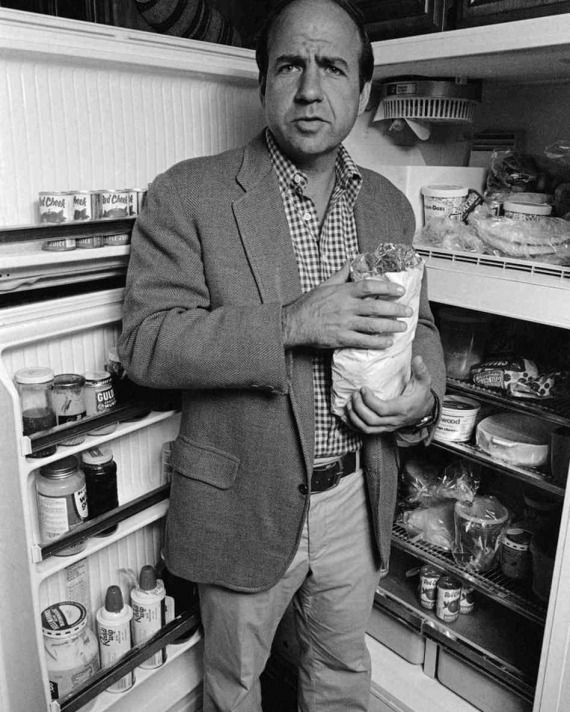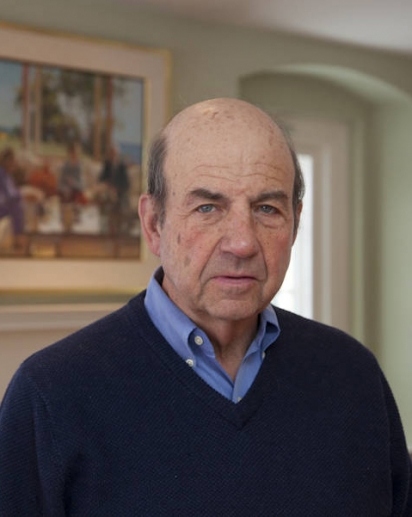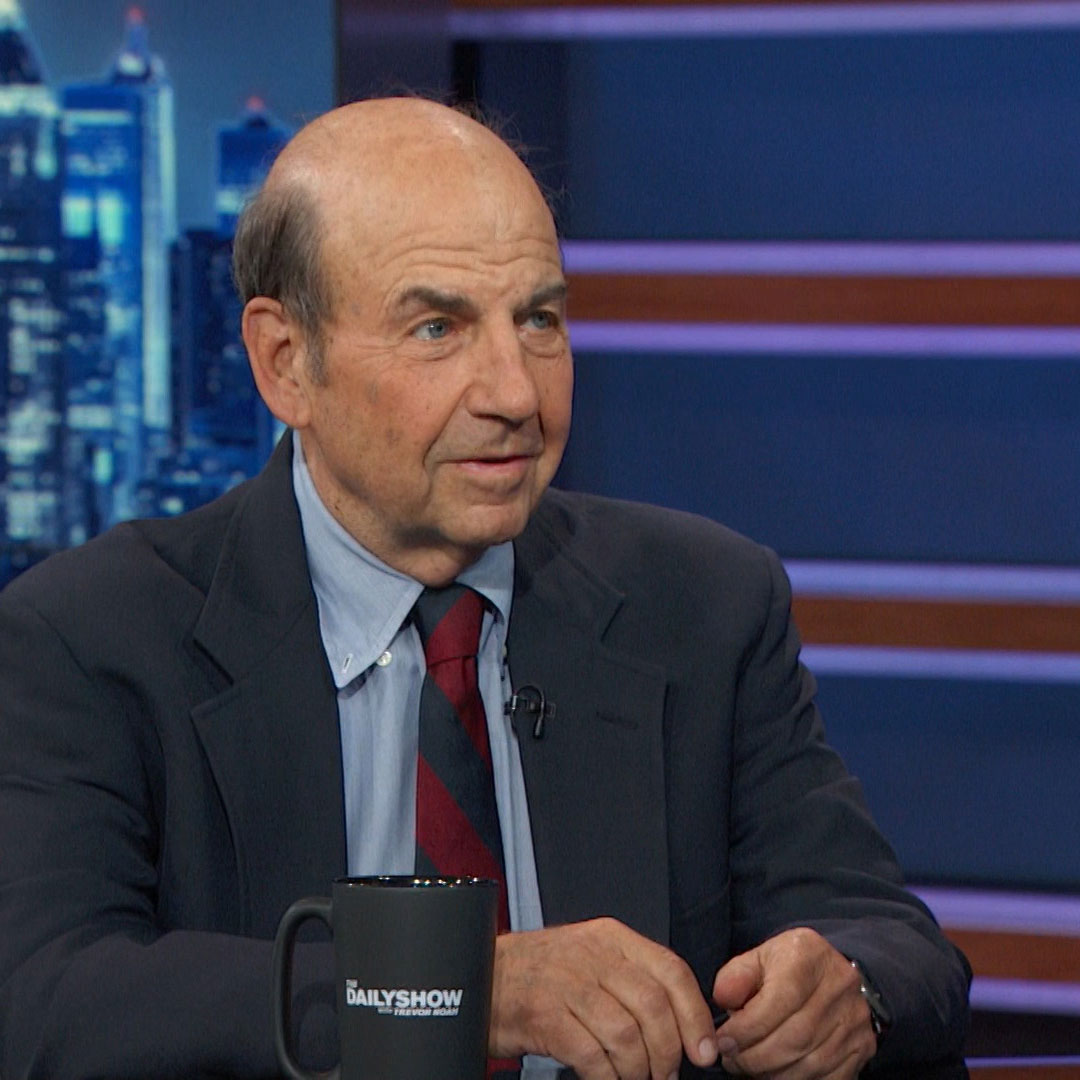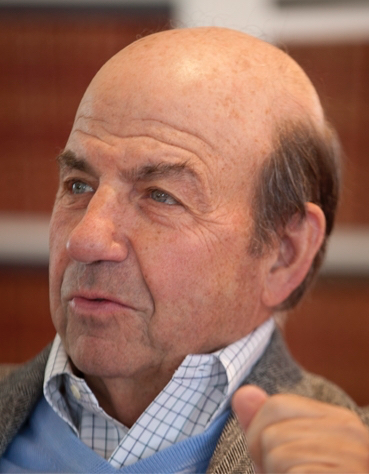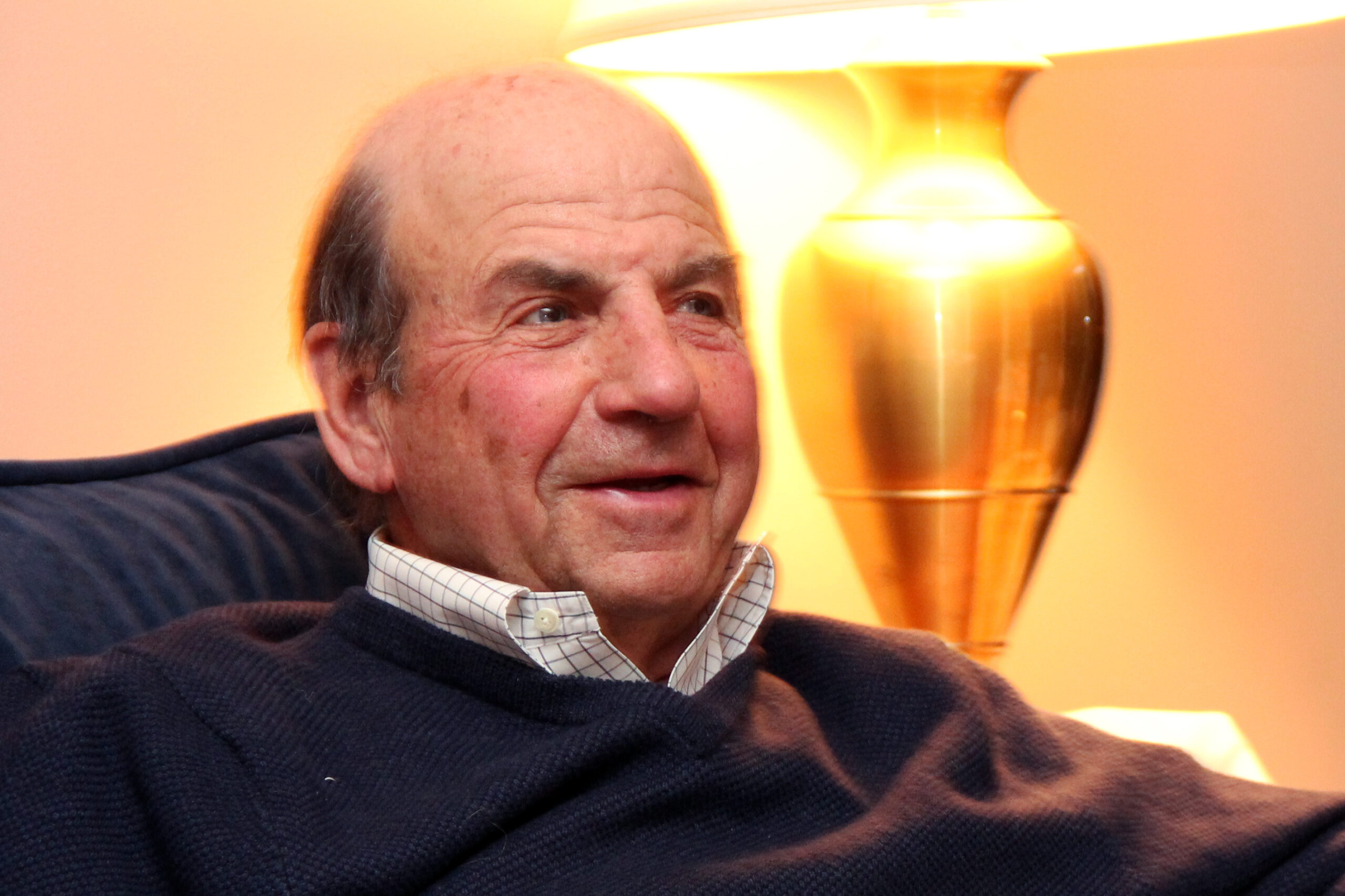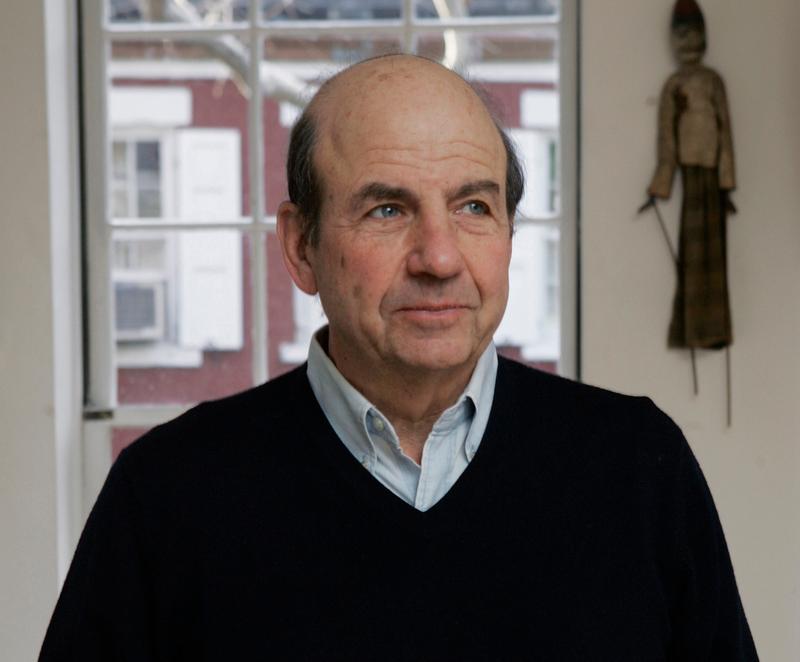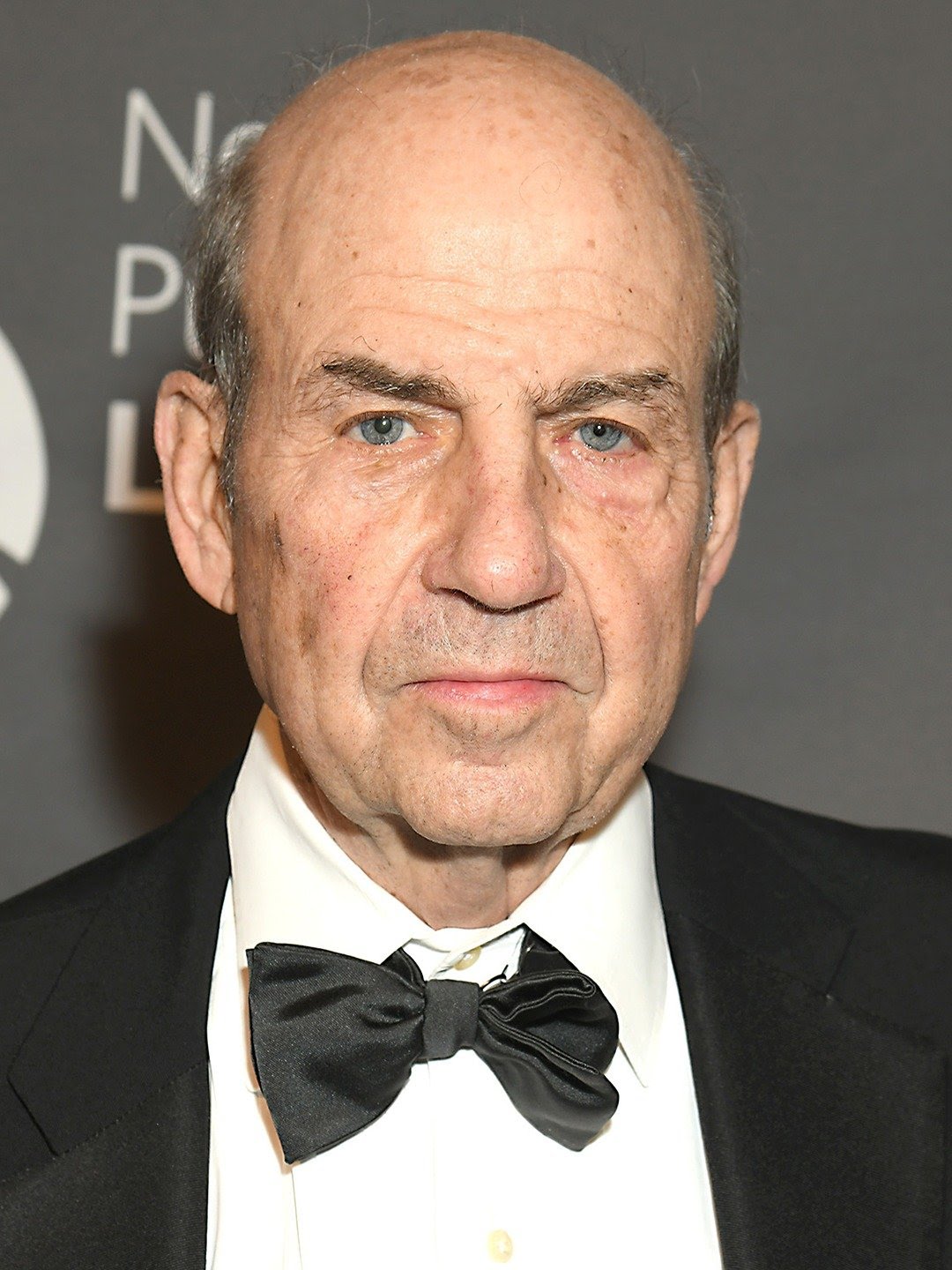Biography
Calvin Trillin has been acclaimed in fields of writing that are remarkably diverse. As someone who has published solidly reported pieces in The New Yorker for more than thirty years, he has been called “perhaps the finest reporter in America”. His antic commentary on the American scene and his books chronicling his adventures as a “happy eater” have earned him renown as “a classic American humorist”. His bestselling Remembering Denny, published by Farrar, Straus and Giroux (FSG) in 1993, was hailed as “an elegiac, disturbing and altogether brilliant memoir”.
Trillin was born and raised in Kansas City, MO. He graduated from Yale in 1957, did a hitch in the Army, and then joined Time magazine. After a year of covering the South from the Atlanta Bureau, he became a writer for Time in New York.
In 1963 he became a staff writer for The New Yorker. From 1967 to 1982, he produced a highly praised series of articles for The New Yorker called “U.S. Journal” – 3,000-word pieces every three weeks from somewhere in the United States, on subjects that ranged from the murder of a farmer’s wife in Iowa to the author’s effort to write the definitive history of a Louisiana restaurant called Didee’s “or to eat an awful lot of baked duck and dirty rice trying”. Some of the murder stories from that series were published in 1984 as Killings, a book that was described by William Geist in the New York Times Book Review as “that rarity, reportage as art”.
From 1978 through 1985, Trillin was a columnist for The Nation, writing what USA Today called “simply the funniest regular column in journalism”. From 1986 through 1995, King Features syndicated the column to newspapers. These columns were collected in five books: Uncivil Liberties (1982), With All Disrespect (1985), If You Can’t Say Something Nice (1988), Enough’s Enough (1990), and Too Soon To Tell (1995). In February, 1996, Trillin returned to the pages of Time as a columnist.
Trillin’s work has included two comic novels, a collection of short stories, a travel book and an account of the desegregation of the University of Georgia. His three antic books on eating – American Fried, Alice, Let’s Eat and Third Helpings – were compiled in 1994 into a single volume called The Tummy Trilogy. Messages From My Father was published in hardcover by FSG in June 1996 and became a New York Times national bestseller. A year later, The Noonday Press, a division of FSG published it in paperback.
He lectures widely and has appeared often as a guest on such television programs as “Good Morning America”, “The Today Show” and “The Late Show with David Letterman”. Piece by Piece, his recording of some of his own essays, won an Audie as the best humorist audiotape of 1996. He has written and presented two one-man shows at the American Place Theater in New York – both of them critically acclaimed and both sell-outs. In reviewing the second one, “Words, No Music”, in the fall of 1990, New York Times theater critic Mel Gussow called Trillin “the Buster Keaton of performance humorists.”
Trillin, who lives in New York City, has been a trustee of Yale and is currently a trustee of the New York Public Library. He and his wife, Alice, have two daughters.
Videos
This Long Time 'New Yorker' Writer Will Keep You in Stitches
The Writing Life - Calvin Trillin
Things Calvin Trillin Forgot To Say
Calvin Trillin | The Nation Festival
Speech TopicsExpand each topic to learn more
This speaker tailors this topic for each event. Please let us know if you'd like us to source a topic description.
Booksby Calvin Trillin
Blog Posts

Fear Is Your GPS, and Michelle Poler Shows You How to Follow It
Keynote speaker Michelle Poler shares how to navigate fear, take brave action, and build authentic brands in this episode of The Keynote Curators Podcast
Read More
Women’s History Month Keynote Speakers Who Change What Happens Next in 2026
Women's History Month demands more than applause; discover keynote speakers who create recognition that drives real change.
Read More
Keynote Speakers Who Tell Great Stories Get Booked More in 2026
Keynote speakers need more than craft to get booked. Learn the mindset shift that builds sustainable speaking careers.
Read More
Happiness at Work Is the Performance Strategy You Need, with Jessica Weiss
Happiness at work is a performance strategy, not a perk. Learn how Jessica Weiss helps teams build real, sustainable happiness.
Read More
Emotional Intelligence Skills That Hold Up Under Pressure
Emotional intelligence is more than a buzzword. Here's what real EQ looks like under pressure, and the keynote speaking voices building it on stages in 2026.
Read More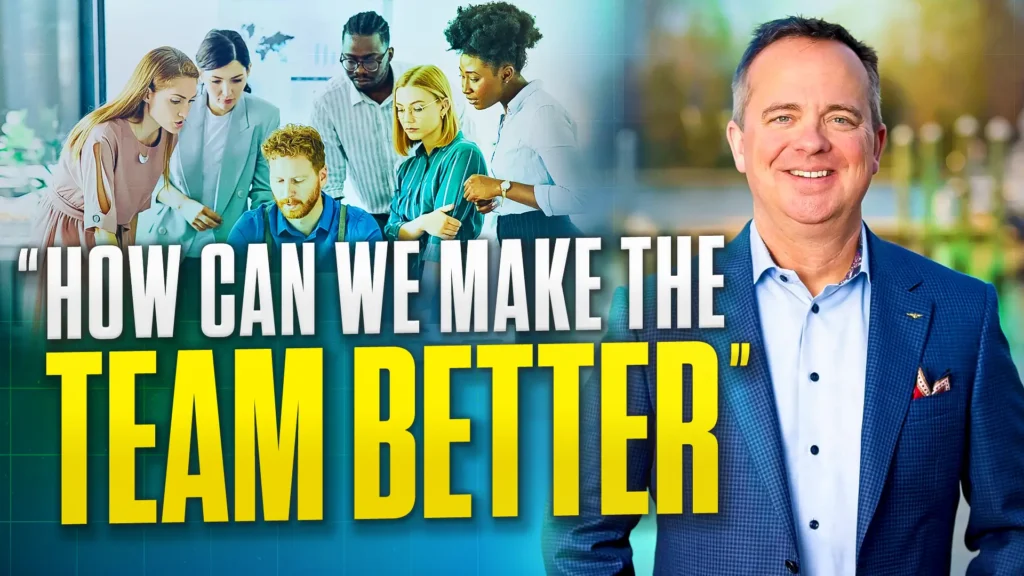
Confidence Without Vulnerability Creates Teams That Never Improve
Learn how confidence and vulnerability coexist in high-performing teams from decorated Navy fighter pilot Jack Becker's proven debrief strategies.
Read MoreRelated Storytelling Speakers
Get in TouchContact US
Fill out the form so we can best understand your needs.
A representative from The Keynote Curators will reach out to you.

